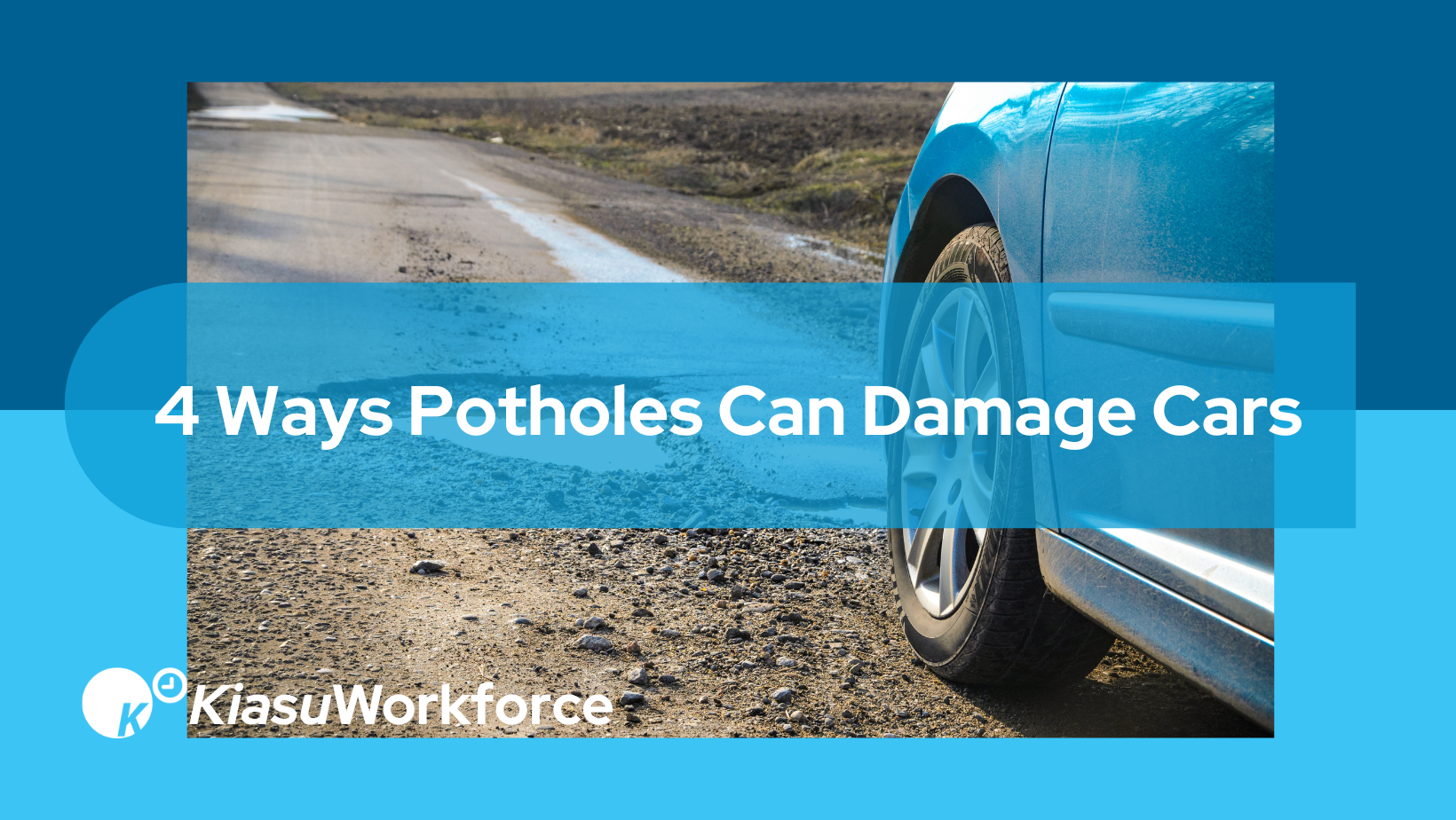When a home repair emergency arises you need a quick solution. But don’t simply pick the first emergency plumber or boiler repair service you see. Different home repair tasks require certain qualifications and an under-qualified repairman may cause more damage than good. Poor repairs can be dangerous and potentially fatal. You wouldn’t try to fix your own boiler without the necessary knowledge, so why wouldn’t you check if your repairmen have the relevant qualifications.
If you’re unsure what qualifications to look for, don’t panic. We have listed some of the most important and commonly needed home repair qualifications below. In this guide, we will cover qualifications for electrical work, boiler repair and plumbing.
Boiler Servicing and Repair
All boiler repairs should be carried out by a gas safe engineer. Even in an emergency, do not attempt repairs yourself or have anyone other than a Gas Safe approved engineer attempt to fix the problem. There are 24/7 emergency boiler repair services available no matter where you are so there is no reason to have repairs or boiler servicing carried out by anyone other than a gas safe engineer. You can check if your engineer is Gas Safe certified at https://www.gassaferegister.co.uk/.
Electrical Repairs, Servicing, and Installations
The risks involved in electrical work are high, which means they should only be handled by an expert. There are a selection of electrical testing and inspection services, many of which are mandatory. All of them should be carried out by a qualified professional. PAT testing for instance simply requires that the person should have adequate knowledge of electricity and electrical works and meet a few more criteria. There is no mandated qualification. Nonetheless, PAT testers will generally take PAT training.
Fixed wire testing, on the other hand, does require a City and Guilds qualification. The C&G 2391 offers a few different awards – Level 3 Award in Initial Verification of Electrical Installations and the Level 3 Award in Periodic Inspection and Testing of Electrical Installations. The former allows an electrician to sign off work on new installations whilst the later allows for testing and inspecting existing installations. These can also be earned in a combined qualification – C&G 2391-52 Level 3 Award in Initial and Periodic Inspection and Testing of Electrical Installations.
There are several government-approved registered bodies for electricians. Not all bodies operate across all of the UK but the National Inspection Council for Electrical Installation Contracting (NICEIC) is approved across England, Wales, Scotland and Northern Ireland.
Plumbing
Typically the minimum standard qualification for plumbers is an NVQ level 2. Before NVQ qualifications, the main certificates were issued by City and Guilds, so you may find older plumbers are C&G-qualified instead. NVQ qualifications combine learning on the job (starting with smaller tasks under supervision) alongside college study. This means you can trust your plumber has hands-on practical experience. The most convenient way to make sure your plumber is qualified is to hire a member of the Institute of Plumbing and Heating Engineering (IPHE) as all IPHE members are vetted.
Repairs and testing should always be carried out by an appropriately qualified professional. Whether you are undergoing routine safety checks for your business or need emergency boiler repairs always make sure they are being carried out by someone with the correct qualifications. Using this guide as reference always check the qualifications of your repair people or work solely with a property maintenance and repair company you know you can trust.


